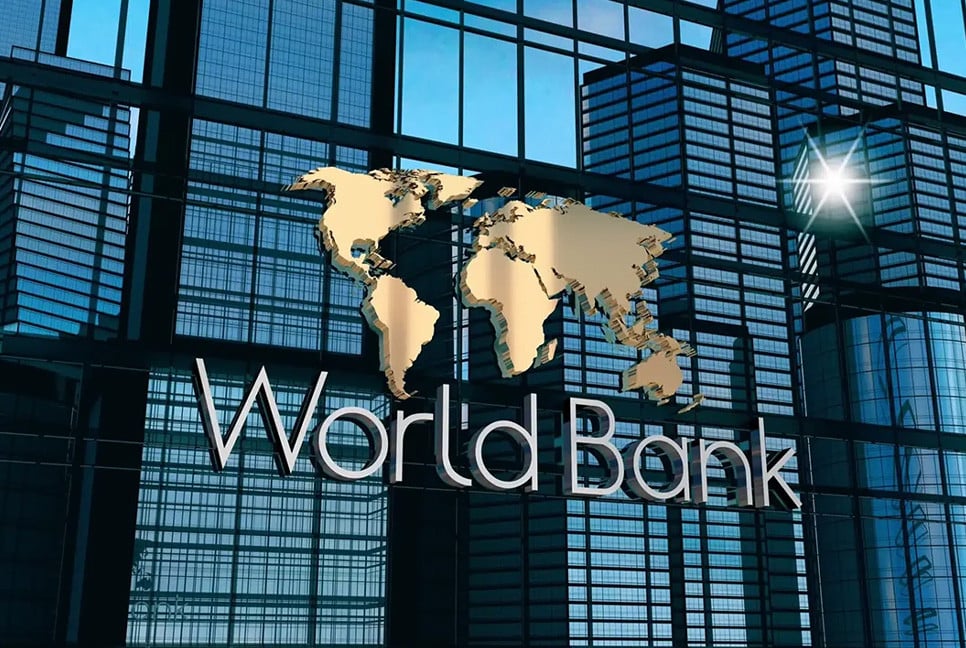02/24/2026

Private sector to lead climate resilience in BD and South Asia
Diplomatic Correspondent | Published: 2025-11-24 18:07:45

South Asia, with its dense population, rising temperatures and exposed geography, remains one of the world’s most climate-vulnerable regions — and Bangladesh is among the hardest hit.
By 2030, nearly 90 percent of the region’s population will face extreme heat, while close to one-quarter will be at risk of severe flooding. Rising water and soil salinity in coastal districts is already disrupting millions of lives in Bangladesh.
A new World Bank (WB) report, From Risk to Resilience: Helping People and Firms Adapt in South Asia, finds that households and private firms are bearing the bulk of climate adaptation costs. Awareness of climate risks is high: more than three-quarters of households and firms expect a major weather shock within the next decade. Some 63 per cent of firms and 80 per cent of households have taken steps to adapt, but most rely on basic, low-cost measures rather than advanced technologies or public infrastructure.
A survey of 250 coastal villages in Bangladesh identified climate-resilient infrastructure as the most urgent unmet need. In the long term, 57 per cent of households cited inadequate disaster-protection structures, while 56 per cent pointed to a lack of financial resources as a major barrier to adaptation. Poor and agricultural households remain the most vulnerable.
Public investment — including embankments and cyclone shelters — has saved countless lives. Case studies from Bangladesh, India and Pakistan show that targeted social-assistance programmes, backed by timely information, can be rapidly scaled up to help the poor withstand climate shocks. But with governments facing tight fiscal constraints, the report stresses the need to enable far greater private-sector adaptation through comprehensive policy support.
“Bangladesh’s resilience is constantly tested by mounting environmental pressures. While adaptation is widespread, escalating climate risks demand more,” said Jean Pesme, World Bank Division Director for Bangladesh and Bhutan. “The country’s resilience now depends on scaling up early warning systems, social protection, climate-smart agriculture and adaptation finance — including innovative risk-financing tools — alongside targeted urban interventions.”
The report calls for a multi-pronged strategy to strengthen climate adaptation. Improving early warning systems and expanding access to formal credit and insurance are crucial. The World Bank estimates that roughly one-third of climate-related losses could be avoided if private investment could be directed more efficiently towards areas of greatest need. Even with limited budgets, South Asian governments can help make this possible by improving access to finance, strengthening transport and digital networks, and ensuring social protection systems are flexible and well-targeted.
The report further recommends that governments adopt adaptation strategies that incorporate resilient technologies and provide essential public goods — such as roads, health services and disaster-resilient infrastructure — that support livelihoods and protect human capital.
“Bangladesh offers both lessons and a vital test case for climate adaptation in South Asia,” said Siddharth Sharma, World Bank Lead Economist and co-author of the report. “People and businesses are already adapting, but the scale and complexity of the climate crisis require urgent, coordinated action from both government and the private sector.”
Bangladesh has shown what targeted investments can achieve. Cyclone fatalities have declined sharply due to improved early warning systems and a vast network of shelters, demonstrating how strong institutions and strategic interventions can scale up successful local adaptation.
By strengthening institutions and fostering partnerships between government, the private sector and communities, Bangladesh can accelerate the uptake of climate-smart solutions — reducing vulnerability while promoting sustainable, long-term development. Prioritising these actions will empower households and firms and ensure that the country’s path to prosperity remains both resilient and inclusive.
Editor & Publisher : Md. Motiur Rahman
Pritam-Zaman Tower, Level 03, Suite No: 401/A, 37/2 Bir Protik Gazi Dastagir Road, Purana Palton, Dhaka-1000
Cell : (+88) 01706 666 716, (+88) 01711 145 898, Phone: +88 02-41051180-81